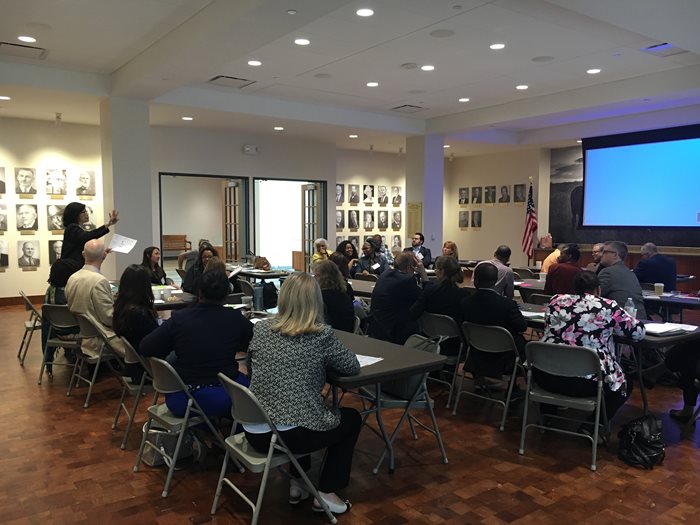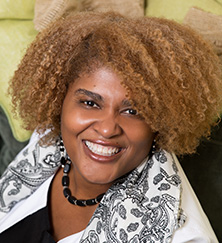On June 6, the W.W. Caruth Jr. Fund at Communities Foundation of Texas along with the State Fair of Texas hosted a convening of nonprofit organizations interested in addressing food insecurity in the Southern Sector of Dallas. Based the number of applicants that applied to Caruth for funding in this area of focus, it was apparent that there was not only a duplication of efforts but there was obviously a need to better understand the landscape, bring stakeholders together and create the space for exploration and collaboration.
The day included not only networking but discussions on equity, policies, and data. buildingcommunityWORKSHOP provided an asset map that analyzed existing entities but also challenged the group to name individuals and organizations that needed to be included. It was also imperative to discuss the role of change management so that the group could identify “immunity to change” in their organizations and within the community. The immunity to change framework comes from Robert Kegan and Lisa Lahey. Kegan and Lahey identify the social and psychological barriers that compete with our stated commitments and stand in the way of collective progress. In the meeting, we explored why we aren’t partnering better even though almost everyone in the room expressed a willingness and need to do so.
Our discussion revealed that some of the competing commitments are time, resources, a desire for ownership and a sense of pessimism. One clearly frustrated person said that she had been here before, in meetings like this, discussing the same goals and plans. What would be different this time? Her assumption was that this initiative would go the way of past efforts. I challenged her big assumption. Isn’t the difference that we have funders in the room alongside both big and small institutions making a pledge to work together and support projects that come out of the subcommittee work? That combination of resources seems to offer up some new opportunities- if people are willing to join in and try.
So why is this important? Two words. Social Capital.
If we want to create change in our communities, it begins with relationships that are not just transactional but transformational. Social capital is about relationships, associations and networks but these cannot work effectively without trust. June 6 was the catalyst in bringing diverse people, thinking, experiences, backgrounds, and organizations to the table (knowing that more need to be added) to create the change we seek and build the relationships that it will take to make it happen. This is a process–we are committed to partnering with you and walking this path collectively. We are elated about the journey and are grateful to those who took the time to take the first steps with us.


